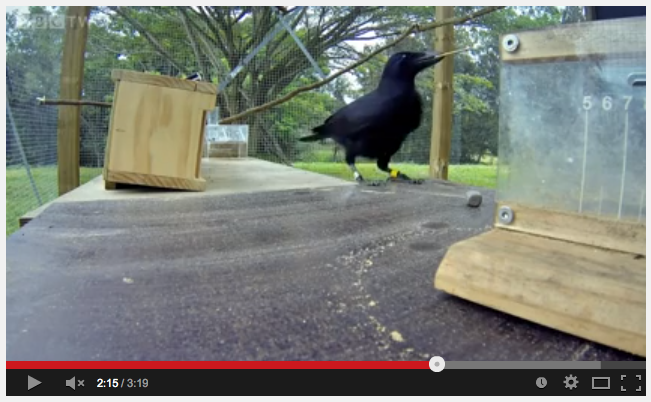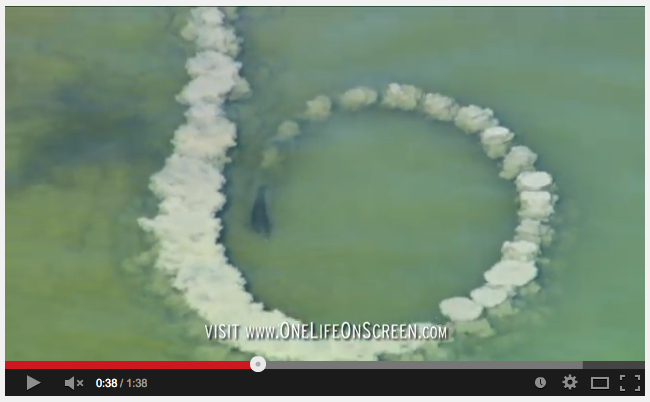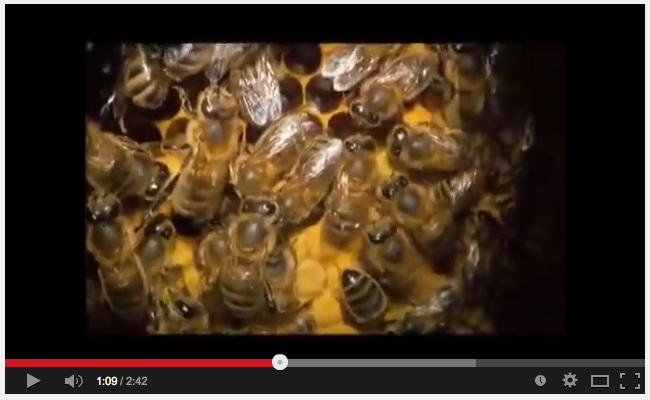
The concept of “Bio Teams” refers to nature’s principles of teamwork (specifically in the animal kingdom) and how we as humans can learn from them.
While reading Ken Thompson’s blog (www.bioteams.com) I felt it was all very apt and relevant considering the changing seasons, and so I thought I’d write an easy-to-read blog post to summarise some of his concepts myself.
The videos I’ve selected and the rundown of Ken Thompson’s ideas subtly highlight team-work and collaboration principles in a novel way. They certainly were food for thought for me!
Ken Thompson is a thought leader who I respect very highly. His niche is around networked, virtual teams, and the unique challenges they face to succeed.
One of Thompson’s articles which I have particularly enjoyed is called “Nature’s Four Teamwork Systems.” It gives an excellent overview of when to use Groupwork and Teamwork (concepts I discussed in my last blog post).
In order to make this blog more digestible and fun, I’m going to leave most of the teaching to the animals themselves. I’ve selected four videos which illustrate Thompson’s concepts beautifully. (All quotes associated with the videos are Ken Thompson’s words and intellectual property).
It really is incredible to watch nature’s teamwork in action. Enjoy!
 “Solowork” – Are Crows The Ultimate Problem Solvers?
“Solowork” – Are Crows The Ultimate Problem Solvers?
“Solowork can be completed by single individuals without help and is an important aspect of organisational team behaviour - sometimes it's the best way to get things done.”
 “Crowdwork” – Dolphins Trick Fish With Mud ‘Nets’
“Crowdwork” – Dolphins Trick Fish With Mud ‘Nets’
“Crowdwork requires multiple team members to do the same activity concurrently. There is concurrency but no division of labour where different individuals must do the same things at the same time. Crowdwork has a place in organisational teams such as team review meetings, brainstorming and team social gatherings. However Crowdwork can also be an indication of poor role definition and consequent misuse of resources. For example a meeting where everyone starts to play the same role at the same time generally does not produce useful outcomes.”
 “Groupwork” – Honey Bee Nectaring
“Groupwork” – Honey Bee Nectaring
“This is where a task is split into two or more subtasks that can be organised sequentially. For example for a Bee "Collect and Store Nectar" can be split into Sub-Task 1 "Collect Nectar" and Sub-Task 2 "Store Nectar". There is division of labour but no concurrency. Lots of organisational teamwork can be achieved through Groupwork - it lends itself particularly well to asynchronous communication methods such as email and shared document areas.”
 “Teamwork” – The Ant Production Line
“Teamwork” – The Ant Production Line
“This requires multiple individuals to perform different tasks concurrently. Different individuals must do different things at the same time. There is both division of labour and concurrency. This is real 'Teamwork" and requires the most complex co-ordination between team players. In biological teams "Teamwork" is used extensively for critical activities such as responding to a threat or exploiting an opportunity.”
I suggest taking a few minutes to analyze your own teams that you’re a member of.
What mixtures of the different forms of “teamwork” that Ken Thompson identifies do your teams use? And when do they use them?
Are there opportunities which call for Solowork ahead of Crowdwork? Are there other occasions which are better suited to Teamwork than Groupwork?
Another point to consider is whether you as an individual have a preference for one (or some) of the forms of “Teamwork” over the others? What is it in our makeup that lends us to favour certain modes of work over others?
(Hint: I have some of my own thoughts to contribute to these questions which I will address in my next blog, particularly around the individuals’ predilection of behaviour in team settings. Stay tuned!)



Leave a Comment
Required fields are marked *.